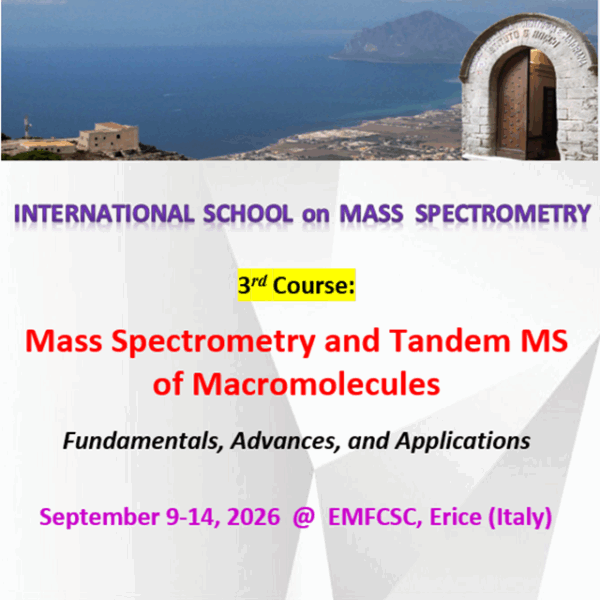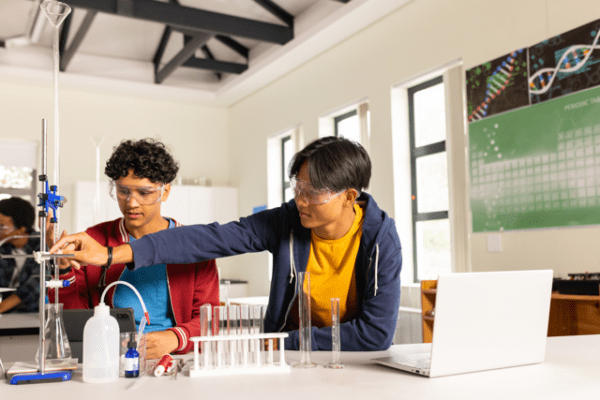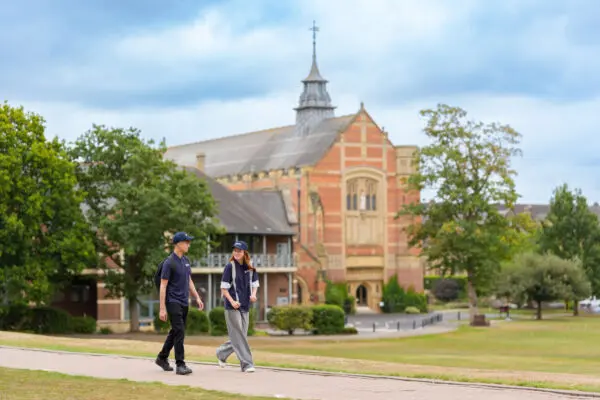
Erice, Italy
Mass Spectrometry (MS) and Tandem MS of Macromolecules
When:
09 September - 14 September 2026
Credits:
0 EC
Read more
Natural Sciences
When:
17 July - 30 July 2022
School:
Leeds International Summer School
Institution:
University of Leeds
City:
Country:
Language:
English
Credits:
5 EC
Fee:
1820 GBP

In the next 50 years, we will have to produce more food than we have produced so far in all human history to feed a global population of more than 10 billion. This is against the background of climate change and reduced land for arable cultivation. We also have increasingly limited resources. Phosphate reserves will be depleted in 50 to 100 years. Current production of nitrogenous fertilisers is heavily dependent on fossil fuels. Plant biotechnology has an important role in meeting these challenges. It can aid in the production of high yielding, stress tolerant, nutrient rich new crop varieties that need fewer inputs. This module will discuss these challenges to global food security and the potential solutions. This will include the role of genetically modified (GM) plants. You’ll develop practical skills in the synthesis of a recombinant DNA and insertion into a plant cell. You’ll gain first-hand experience of developing a GM plant and you’ll assess current projects to engineer enhanced crops. You’ll consider their potential to provide greater food security in the decades to come.
Please note, the Leeds International Summer School runs for four weeks (2 - 30 July 2022). You can choose to study with us for two weeks or for the full four-week programme. Each module lasts two weeks so you study one module if you choose to attend for two weeks and two modules if you choose to attend for four weeks.
Chris West
Undergraduate/Bachelor students
This module will introduce students to molecular biology and genetic engineering of plants, providing a theoretical and practical framework, and placing GM plants in the wider context of sustainable agriculture.
Learning outcomes
By the end of the course, students should understand and be able to describe:
1) how to use recombinant DNA technology
2) bacterial cloning
3) plant transformation and analysis
4) the use of GM plants in agriculture.
Skills outcomes
Laboratory skills in recombinant DNA technology, plant transformation and analysis.
Fee
1820 GBP, Leeds International Summer School (LISS) is an all-inclusive programme. Included in the programme fee is tuition, accommodation, breakfast and lunch, Monday to Friday, module field trips, weekend excursions, social programme and The Edge sports centre membership. The cost of flights, insurance and visa is not included.
When:
17 July - 30 July 2022
School:
Leeds International Summer School
Institution:
University of Leeds
Language:
English
Credits:
5 EC

Erice, Italy
When:
09 September - 14 September 2026
Credits:
0 EC
Read more

Aarhus, Denmark
When:
27 July - 31 July 2026
Credits:
5 EC
Read more

London, United Kingdom
When:
06 July - 02 August 2026
Credits:
0 EC
Read more